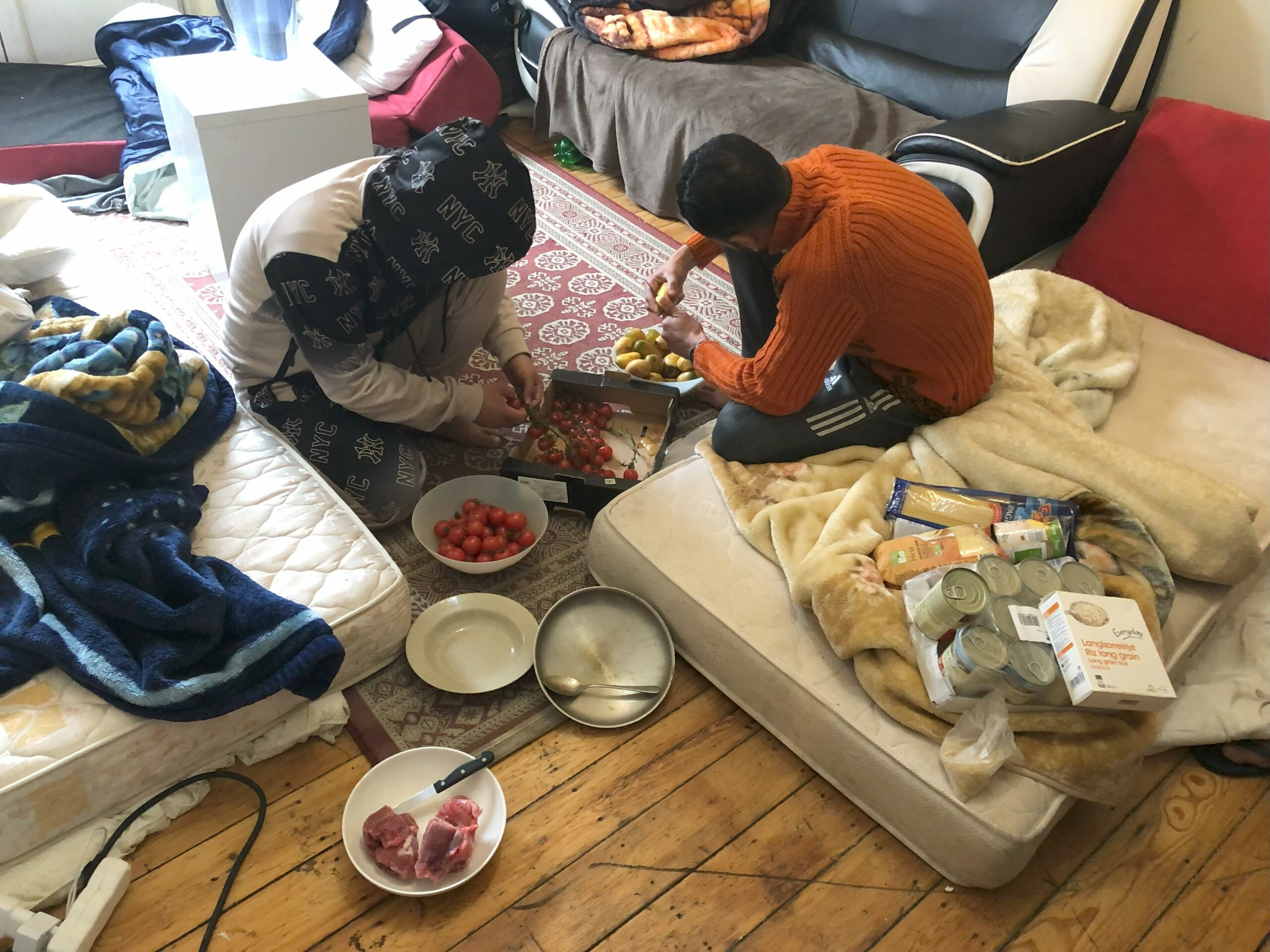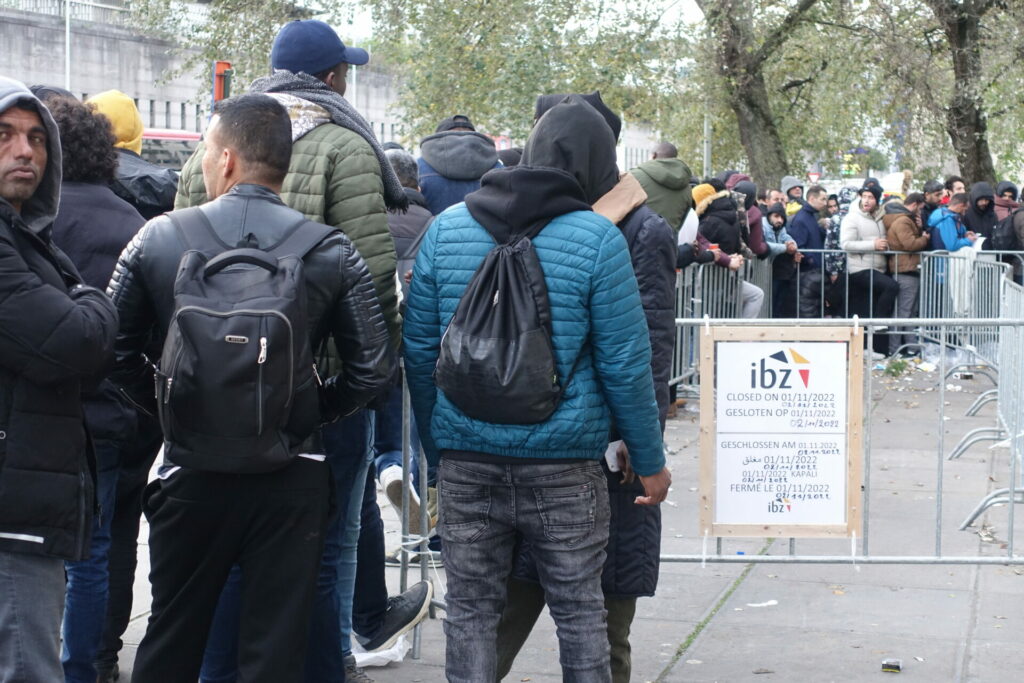Asylum seekers in Belgium continue to face long waits before receiving the shelter they are legally entitled to, resulting in thousands sleeping rough and living in precarious conditions. It is hoped the recently approved measures to create new places will bring some relief.
For almost three years, asylum seekers who applied for international protection in Belgium have been denied shelter. Both the State and Belgium's agency for asylum reception, Fedasil, have been condemned more than 10,000 times by various courts both in Belgium and on the European level for the "ongoing violation of basic rights of people seeking asylum".
The absence of a system to offer sufficient shelter, which critics say is due to a lack of political will, means thousands, mostly single men, are sleeping on the streets in Brussels, which in turn puts pressure on the already saturated initiatives working to combat homelessness.
Since the start of this year, the number of people on the waiting list for accommodation continues to grow, from 3,000 at the beginning of this year to 3,500 in April, reaching 4,000 in July, BRUZZ reported. Some people are left waiting eight months, even after taking the matter to court and getting a conviction in their favour. This highlights the reception crisis has not yet been nipped in the bud.
New record likely
At the same time, the number of asylum applications is in line with past (peak) years: just over 20,000 asylum applications were registered so far this year, meaning a new record figure is not inconceivable.
"If the trend we saw in September and October in recent years also returns this year – with up to 7,000 applications in those two months combined – a new record number is very likely, said Thomas Willekens of Vluchtelingenwerk Vlaanderen (Refugeework Flanders).

Young asylum seekers prepare a meal in a Brussels squat. Credit: The Brussels Times
The pressure is not only mounting on the state-run reception centres. NGOs running initiatives providing food and support to people, such as the Humanitarian Hub, are also feeling strained, while demand continues to exceed supply.
There are currently 35,704 sheltered beds, of which 95% are filled. The state has in the past reserved some spots for families and children, who are given priority over single men to ensure they are not left on the streets.
Fedasil is working to convert a former care home in Ixelles, in which asylum seekers and migrants were squatting for several months, into one of its new accommodation centres with a capacity to house 350 people. However, the creation of new spaces generally has gone sluggishly, with resistance from local councils further slowing matters down.
At the end of last month, the agency did launch a public tender so that private operators can make buildings available for the reception and guidance of asylum seekers after the Council of Ministers approved several measures to increase the capacity of the reception network. However, this does not mark the first time Fedasil has used a public contract to increase reception capacity, raising questions about whether this method will be effective.

